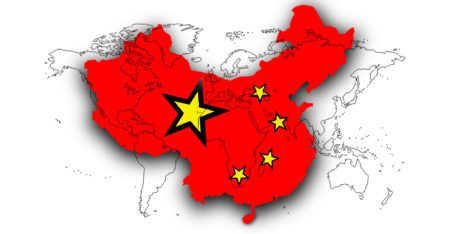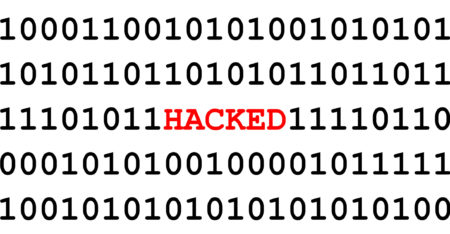Zoom has added two-factor authentication as a new layer of security for the video conferencing app.
Browsing: Information security
China has announced an initiative to establish global standards on data security, saying it wants to promote multilateralism in the area at a time when “individual countries” are “bullying” others.
JSE-listed construction company Stefanutti Stocks was hit by a cyberattack on the morning of 31 August, it said in a statement to shareholders.
Lombard Insurance Company suffered a data breach through a cyberattack last month, according to several statements published on its website.
Credit bureau Experian said on Wednesday it is pursuing both criminal and civil charges against the perpetrator who walked off with the records of millions of South Africans after impersonating one of the company’s clients.
Vumacam has won a court battle it brought against the Johannesburg Roads Agency after the agency stopped processing wayleave applications, accusing the company of spying.
Credit bureau Experian said on Thursday that no consumer credit information or financial information was obtained by a suspected fraudster and that the incident has been “contained”.
The data breach at credit bureau Experian Africa may not be as serious as first feared. The company said late on Wednesday that its investigations show that the compromised data was not used for fraud.
Credit bureau Experian has suffered a huge data breach, exposing the personal information of as many as 24 million South Africans and almost 800 000 businesses to a “suspected fraudster”.
Promoted | In this podcast, TechCentral is joined by Mannie Tzingakis, technical lead for sub-Saharan Africa at Trend Micro, for a discussion on the trends in the IT security space, especially since the advent of Covid-19.










